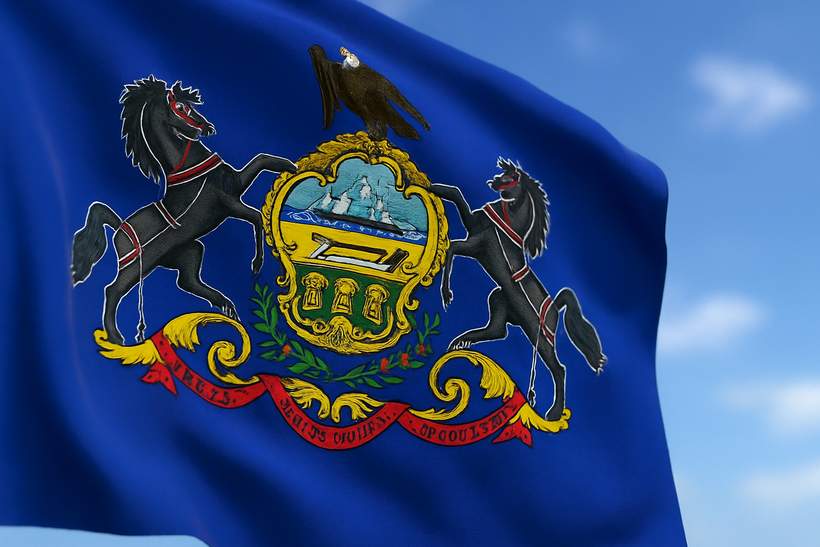PGCB Executive Director Raises Concerns Over Sports Prediction Markets

Warning About the Rise of Sports Prediction Markets
Kevin F. O’Toole, the executive director of the Pennsylvania Gaming Control Board (PGCB), recently addressed Pennsylvania’s congressional representatives, highlighting growing concerns about the impact of sports prediction markets. He cautioned that these emerging markets could seriously undermine Pennsylvania’s well-established gaming regulations.
How Prediction Markets Challenge State Gambling Laws
O’Toole explained that these prediction platforms often claim to be financial instruments such as derivatives or swaps, which they argue places them outside the reach of state gambling regulations. This positioning allows them to operate alongside state-sanctioned sports betting, but without being subject to the same rigorous oversight.
The PGCB closely monitors traditional betting activities for irregularities and works with sports leagues to uphold event integrity. In contrast, sports prediction markets are self-certified by the Commodity Futures Trading Commission (CFTC), which has yet to define clear regulations specific to sports-related contracts. Furthermore, the CFTC itself has acknowledged that it neither formally approves nor declares the legality of these contracts.
O’Toole expressed concern that the CFTC, primarily a financial regulator, lacks the necessary experience and systems to adequately supervise gambling activities. He warned that expanding federally regulated prediction markets could lead to a surge of unregulated operators, blurring the distinction between legally regulated betting markets and speculative trading.
Call for Legislative Attention and Action
O’Toole has urged Pennsylvania’s entire congressional delegation, including 17 House members and two senators, to engage with the CFTC about these risks. He described the current situation as a “dual-track” system: one being regulated state sports wagering, and the other being futures trading on sports events conducted under federal regulation in name only.
He emphasized in his communication that these markets create an unofficial channel for legalized sports betting without proper oversight, potentially weakening consumer protections and regulatory standards.
O’Toole has also expressed his willingness to meet with lawmakers to discuss the matter further. He stressed that safeguarding the integrity of state-level regulation is vital for maintaining public confidence and the economic welfare of Pennsylvania.